When it comes to employee compensation and benefits, stock options and restricted stock units (RSUs) are common equity components in the startup world. Both are used to incentivize employees but there are key differences in how they function and the benefits they offer.
For early-stage startups, stock options are often appealing due to their flexibility and motivational power. But as companies scale, restricted stock units can provide more straightforward value to employees. There's no one-size-fits-all answer, so evaluating your company's stage, goals, and team needs is crucial to choosing a path that will set your startup up for success.
This guide will compare the key features of stock options vs restricted stock units to help you determine what makes the most sense for your startup. In a recent webinar, Matt Secrist, Compensation and Benefits Partner at Taft Law, helped us break it all down if you prefer watching:
NSO vs ISO vs RSU
Stock options vs RSU: key differences
Stock options and restricted stock units, as with any equity compensation, are tools that startups use to attract and retain talent by giving them an ownership stake in the company and an opportunity to gain significant financial returns in the future.
There are key differences between stock options and RSUs:
Ownership and acquisition
Stock options provide employees with the right to purchase company shares at a predetermined price (exercise price) after a vesting period. Until exercised, employees do not have actual ownership of the shares.
In contrast, RSUs represent a promise to grant employees a specific number of shares after vesting. Once vested, employees receive the shares outright, becoming immediate shareholders without the need to make any additional purchases.
Vesting and exercise
Both stock options and RSUs typically come with vesting periods, during which employees must remain with the company to earn their equity. The timing of the equity acquisition, however, differs.
Stock options are exercised by employees after the vesting period, and the timing of the exercise is at their discretion, depending on the market price. Conversely, RSUs are settled and converted into shares automatically after vesting, regardless of the current market price.
Financial risk and reward
The risk and potential financial reward associated with stock options and RSUs vary significantly.
Stock options are subject to market fluctuations, as their value depends on the company's stock price. If the stock price does not exceed the exercise price, employees may not gain financially from exercising their options. But this means optionholders have an opportunity to strategize the timing of their purchase, as long as within the exercise period. When timed right, stock options result to exponential rewards.
On the other hand, RSUs offer a more stable and predictable outcome. Employees receive shares at the current market price upon vesting, without cashout, providing a guaranteed financial value. The risks of a declining share price are lower since vested RSUs have tangible value.
Tax implications
The tax treatment for stock options and RSUs is distinct. Stock options may trigger taxes upon exercise, where employees may owe taxes on the difference between the market price and the exercise price. The type of stock option (ISO or NSO) and the holding period affect the tax rate.
In contrast, RSUs are taxed upon vesting. The fair market value of the granted shares is treated as ordinary income, and taxes are withheld accordingly. Any subsequent appreciation or depreciation in the stock's value is subject to capital gains tax upon sale.

Stock options: how does it work
A stock option gives an employee the right to buy company shares at a fixed price for a certain period of time. There are two main types: non-qualified stock options (NSOs) and incentive stock options (ISOs).
Like RSUs, NSOs can be granted to both employees and non-employees, whereas ISOs can only be granted to employees.
With NSOs, employees must pay income tax on the difference between the fixed price and the current fair market value of the shares when they exercise their options. ISOs provide tax benefits if employees hold the shares for at least a year after exercising and two years after the options were granted. Know more about the difference between ISO and NSO.
To get started with stock options, a company grants employees a certain number of options with an exercise price, also called the strike price. This is the fixed price per share that employees can pay to buy the stock. The options usually must be exercised depending on the exercise period set by the employer in the stock options agreement.
If the company's share price rises above the exercise price, employees can buy shares at the lower exercise price and then sell them for a profit. Employees essentially get to purchase stock at a discount. When managed properly, stock options can be a win-win for both companies and their employees.
Know more about employee stock options.
Restricted stock units: How does it work
Unlike stock options, restricted stock units represent an actual share of stock that is granted to an employee. However, the employee does not gain full ownership of the shares immediately. Instead, the shares are “restricted" —meaning they vest over time if the employee remains with the company.
RSUs are valued as income to the employee on the date they vest. The value of the RSUs on the vesting date is considered taxable income to the employee. The company is required to withhold income and employment taxes on that value. Employees will owe income taxes on the value of the shares in the year they vest.
When RSUs vest, the employee receives full ownership of the shares. At this point, the employee can sell the shares for cash, hold onto the shares, or a combination of both. Any gain in the share price over the vesting period becomes a capital gain for the employee. If the share price declines over the vesting period, the employee could end up with shares worth less than the income they paid taxes on.
RSUs can provide more certainty than stock options. Employees know exactly how many shares they will receive upfront if they remain with the company for the full vesting period. The risks of a declining share price are lower since the RSUs have tangible value as soon as they vest. For startups, RSUs are easier to understand and value compared to stock options. They also don't require a 409A valuation.
Simply put, RSUs represent an upfront promise of actual shares, while stock options represent the right to purchase shares at a fixed price. RSUs generally vest over time based on continued employment. They provide more certainty but higher upfront taxes for employees compared to stock options.
Know more about restricted stock units.

Offer NSO, ISO, or RSU with Cake
From ISO to NSO to RSU grants, we've got your equity game covered. Choose your preferred equity plan, configure your vesting conditions and milestones, and use our lawyer-approved equity agreement templates. Cake handles the rest—contract management, vesting notifications, equity education, the works! Sign up at Cake and we'll show you that offering stock options and RSUs don't have to be complicated.
Decision time
Which is better for your startup: stock options or RSUs?
When deciding between stock options and restricted stock units (RSUs) for your startup, several factors come into play. Each type of equity compensation has its pros and cons, so you’ll need to determine what aligns best with your company’s goals and culture.
Deciding when to use RSUs (Restricted Stock Units) and when to use stock options depends on several factors, including the company's stage of growth, financial situation, and the objectives of both the founders and the employees. Here are some guidelines to help make the appropriate choice:
Use RSUs when
- In later stages. RSUs are ideal when a company's future growth and performance are relatively stable and predictable. Since RSUs provide guaranteed ownership of shares after vesting, they are better suited for companies with steady growth trajectories.
- Inviting co-founders. RSUs are an effective tool for retaining key employees over the long term. This is why it's typically used when inviting co-founders to build the startup with you. The promise of owning company shares can encourage loyalty and commitment to the organization.
- You have cash reserves. If the company has sufficient cash reserves, using RSUs can be advantageous, as it involves granting shares directly to employees without any upfront cost to them.
- You need simple. RSUs are generally easier for recipients to understand since they do not require any upfront purchase or exercise. This simplicity can be beneficial for companies with technical co-founders or contractors who may not be familiar with financial markets.
- For immediate equity ownership. RSUs provide employees with immediate equity ownership once they become vested, allowing them to participate in any potential value appreciation of the company.
Use stock options when
- In early stages. Stock options are more suitable for early-stage startups that face cash constraints and aim to attract top talent without offering high salaries. Options provide employees with the opportunity to share in the company's success without an immediate financial burden on the startup.
- You have significant growth potential. Stock options are ideal for companies with significant growth potential. If the startup is expected to experience a substantial increase in stock value, stock options can yield significant financial gains for employees.
- Motivating performance in the short(er) term. Stock options can be used as a short-term incentive to motivate employees to achieve specific performance targets, especially when the company is on the verge of significant milestones.
- You want tax planning flexibility. Stock options offer more flexibility in tax planning, as employees can time the exercise of options to potentially reduce tax liabilities based on their individual financial situations.
- You have a high-risk appetite. Stock options align the interests of employees with the company's success and risk. Since employees only benefit from stock options if the company's value increases, they are more motivated to contribute to the startup's growth.
Whether stock options or restricted stock units are better for your startup comes down to your company's priorities and culture. Options provide huge upside and help attract risk-taking employees looking to share in big rewards. RSUs reduce risk and are better for retention since they have immediate value. The choice depends on if you want employees betting on the company's success or sticking around for the long haul.
Whatever you choose, make sure to educate employees on the differences so they understand the benefits and risks. The key is finding the right mix of compensation to motivate your team and push the company to new heights. With the right incentives and team in place, the sky's the limit for your startup.
As always, it's best to get legal and accounting consult before deciding. Cake has legal partners who can help. Reach out and we'll help you find the right partners.
Quick-fire Q&A
FAQs on stock options and RSUs
Here are some of the most frequently asked questions founders have on these types of equity grants:
Are stock options the same as RSUs?
No, they differ in a few key ways. Stock options give you the right to purchase company stock at a set price in the future. RSUs grant you actual shares of stock, though they may vest over time. Stock options only have value if the share price rises above the set price, while RSUs always have value as long as the company stock has value.
Do I have to pay anything for stock options or RSUs?
RSUs are granted at no cost, so you pay nothing to receive the shares. Stock options also have no upfront cost, but if you exercise your options to buy the stock, you must pay the exercise price. The exercise price is set at the time the options are granted.
When can I sell my stock options or RSUs?
Typically, both stock options and RSUs will vest over a period of time according to a vesting schedule. This means you earn the right to the equity over that time period. Once vested, RSUs can typically be sold right away, subject to your company’s insider trading policy. Stock options must first be exercised before the stock can be sold. There may be restrictions on when exercised stock can be sold as well.
Will stock options or RSUs generate income for me?
RSUs will generate income at the time of vesting, as the shares have inherent value. Exercising options does not generate income, but selling the stock after exercise can result in capital gains. The difference between the exercise price and selling price is considered a capital gain.
How are stock options and RSUs taxed?
The tax treatment of stock options and RSUs can be complex. In general, RSUs are taxed at ordinary income rates when they vest. Stock options receive preferential capital gains tax treatment when exercised and sold. It’s best to consult a tax professional to understand the tax implications fully based on your unique situation.
This article is designed and intended to provide general information in summary form on general topics. The material may not apply to all jurisdictions. The contents do not constitute legal, financial or tax advice. The contents is not intended to be a substitute for such advice and should not be relied upon as such. If you would like to chat with a lawyer, please get in touch and we can introduce you to one of our very friendly legal partners.













